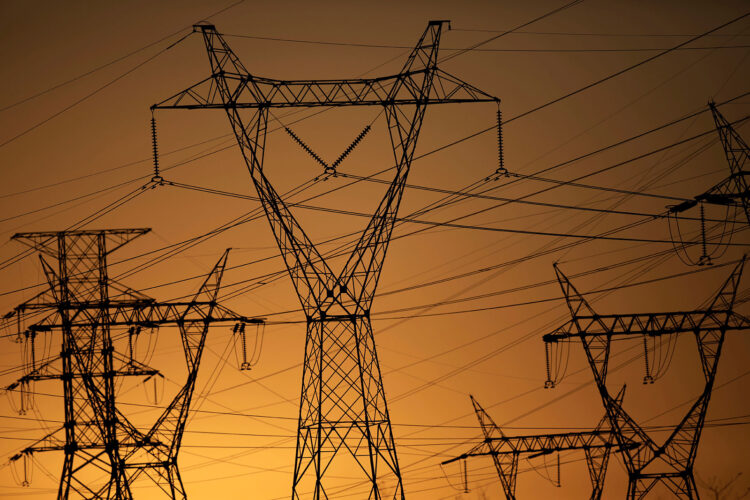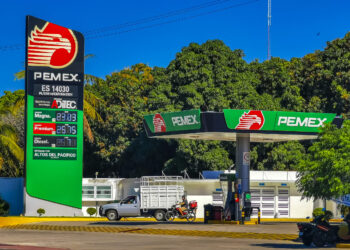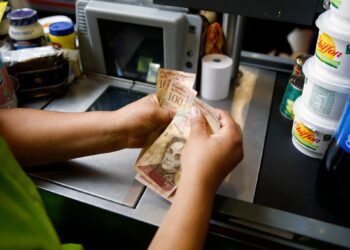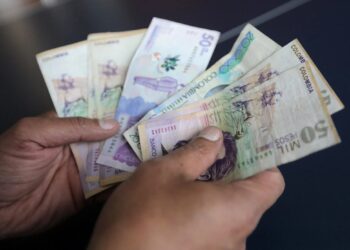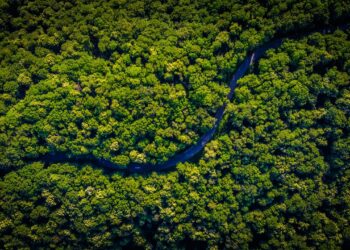Brazil’s energy authorities have moved toward reinstating daylight saving time (DST) to address energy challenges caused by a severe drought, according to a senior official Thursday. The measure, which would advance clocks one hour between November and February, is still awaiting approval from President Luiz Inácio Lula da Silva.
The country, which relies heavily on hydropower, has seen major reductions in power production as key reservoirs in the southeast and central west are expected to drop below 50% capacity by the end of September. This is because rainfall levels in the region have fallen to less than half of normal, forcing Brazil to increase energy imports and raising electricity bills.
Although Brazil has made progress in wind and solar energy, more than half of the country’s electricity still comes from rivers and lakes. Daylight saving time would reduce pressure on peak-hour electricity consumption, especially during the evening hours when solar plants stop generating power as the sun sets.
Mines and Energy Minister Alexandre Silveira, who indicated his support for the policy earlier this week, declared that the National Electricity System Operator (ONS) and an energy committee have supported the reintroduction of daylight saving time. However, Silveira remains cautious and is considering other alternatives.
Several sectors, including bars and restaurants, have welcomed the potential change, with some expecting a 10% increase in revenue thanks to extended evening hours. However, the aviation sector has raised concerns about potential complications to flight schedules and additional costs.
This report is based on information from Reuters.
